Mathematics
Maths at Sacred Heart

Mathematics
Maths at Sacred Heart
At Sacred Heart, we believe every minute is a teachable moment. We are intentional with how we use our time, ensuring every part of the day supports student learning across all areas. This is especially evident in our structured daily Maths lessons, which are thoughtfully divided into four key components:
By structuring our lessons in this way, we ensure that all students receive meaningful, responsive instruction that builds both skill and confidence in Mathematics.
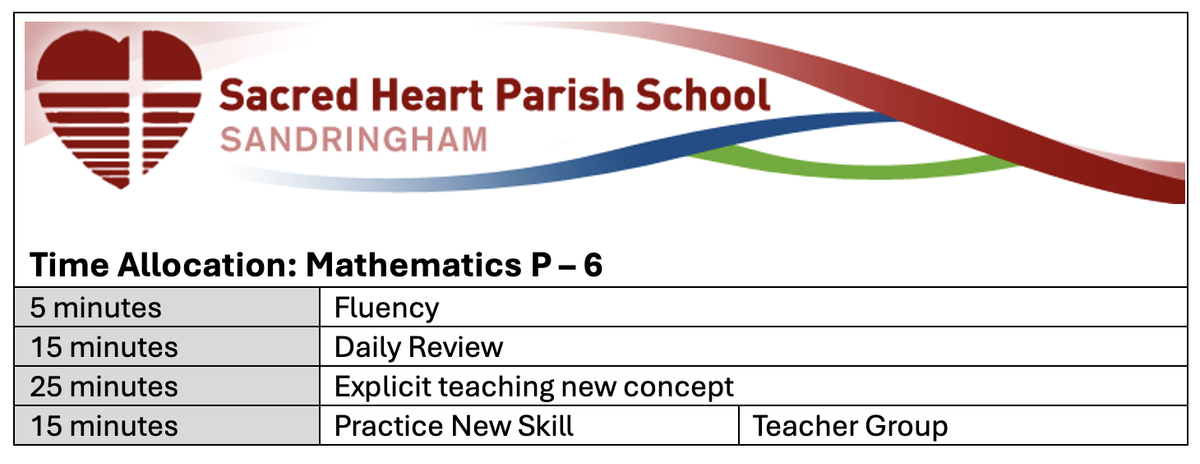

This week, there was a real buzz across our classrooms as students dived into their Maths lessons.
In Prep, students explored the part-part-whole model, discovering different ways to make 5. Over in Year 2, the focus was on number bonds during fluency – the room was so focused you could hear a pin drop!
Year 4 students engaged in a rich discussion around measurement and the different units we use in daily life, while Year 6 investigated the cross-sections of 3D shapes with curiosity and depth.
Across all year levels, our structured Maths lesson format ensures that every minute is meaningful – allowing students to learn, explore, and challenge themselves in purposeful ways.
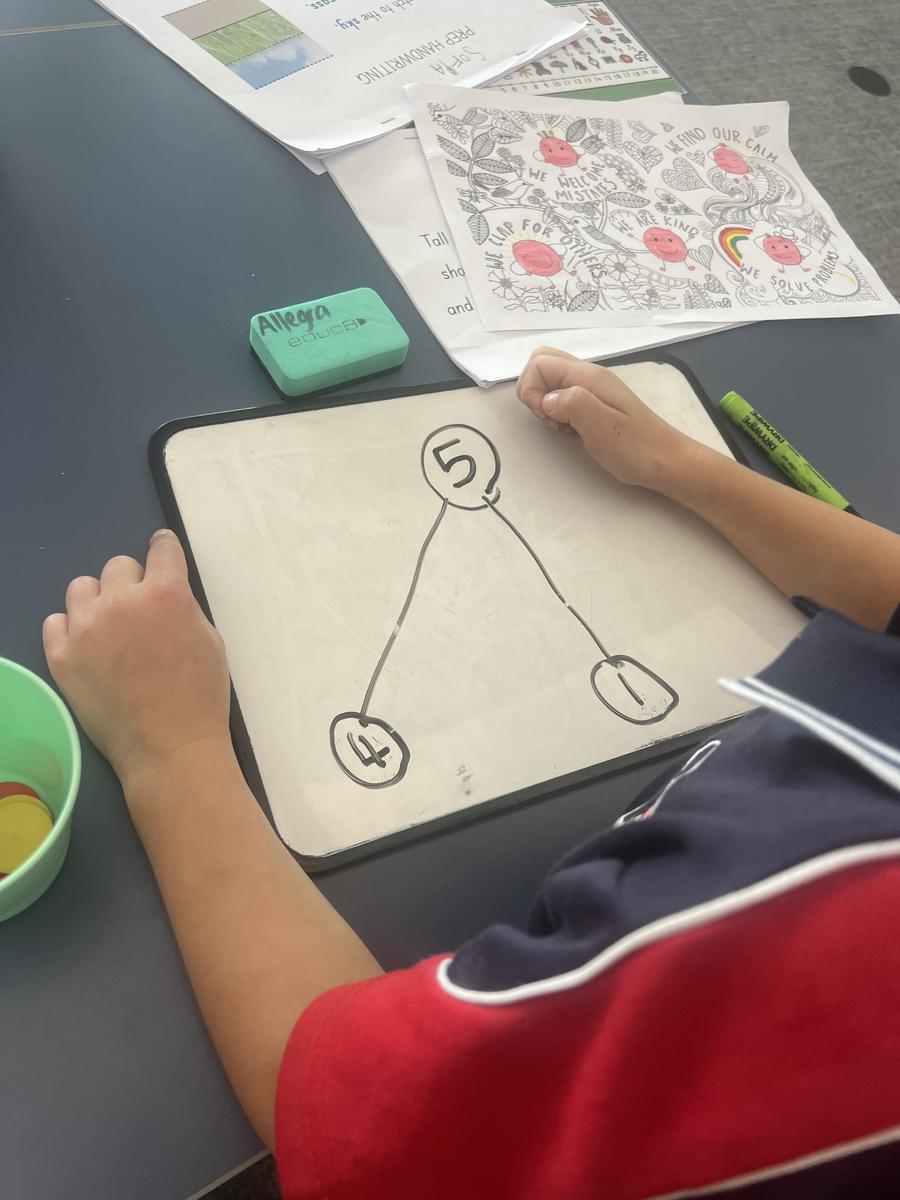
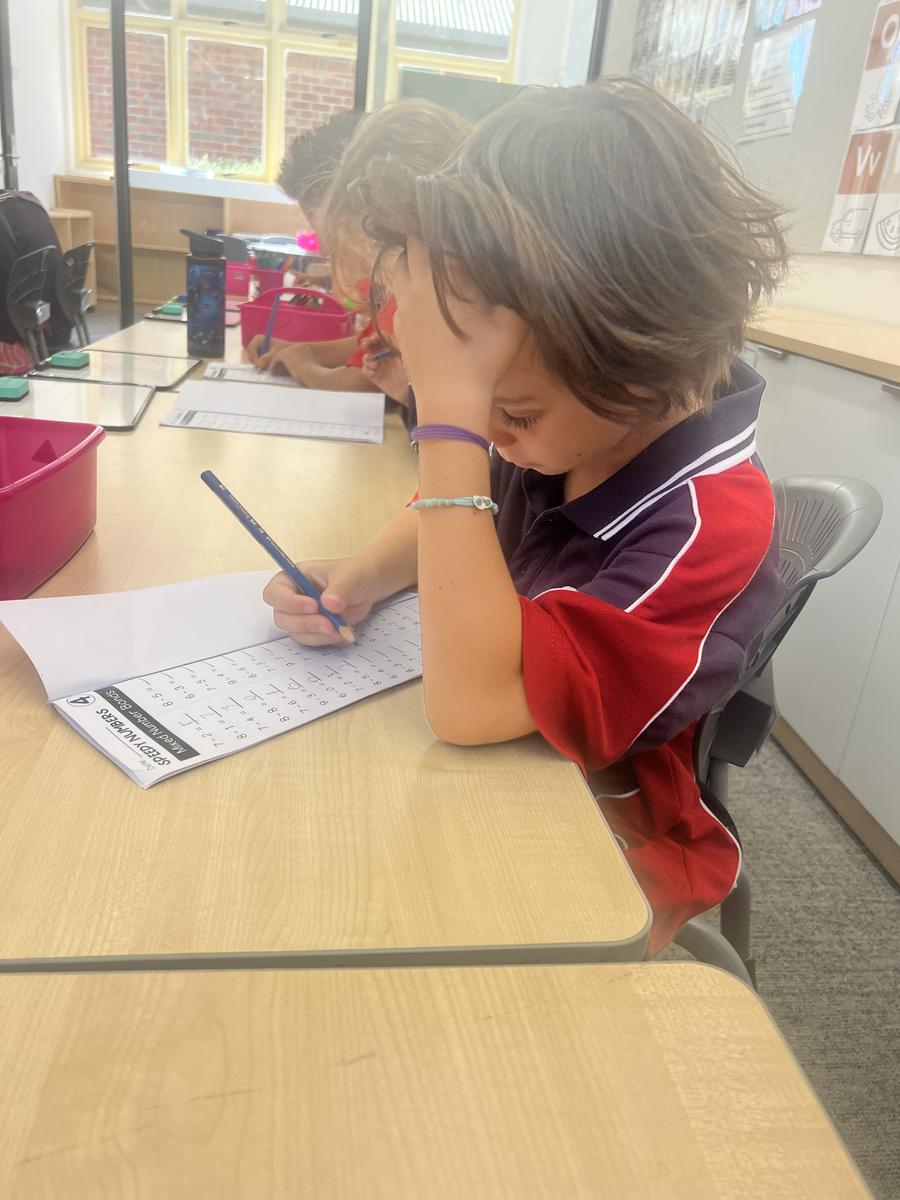
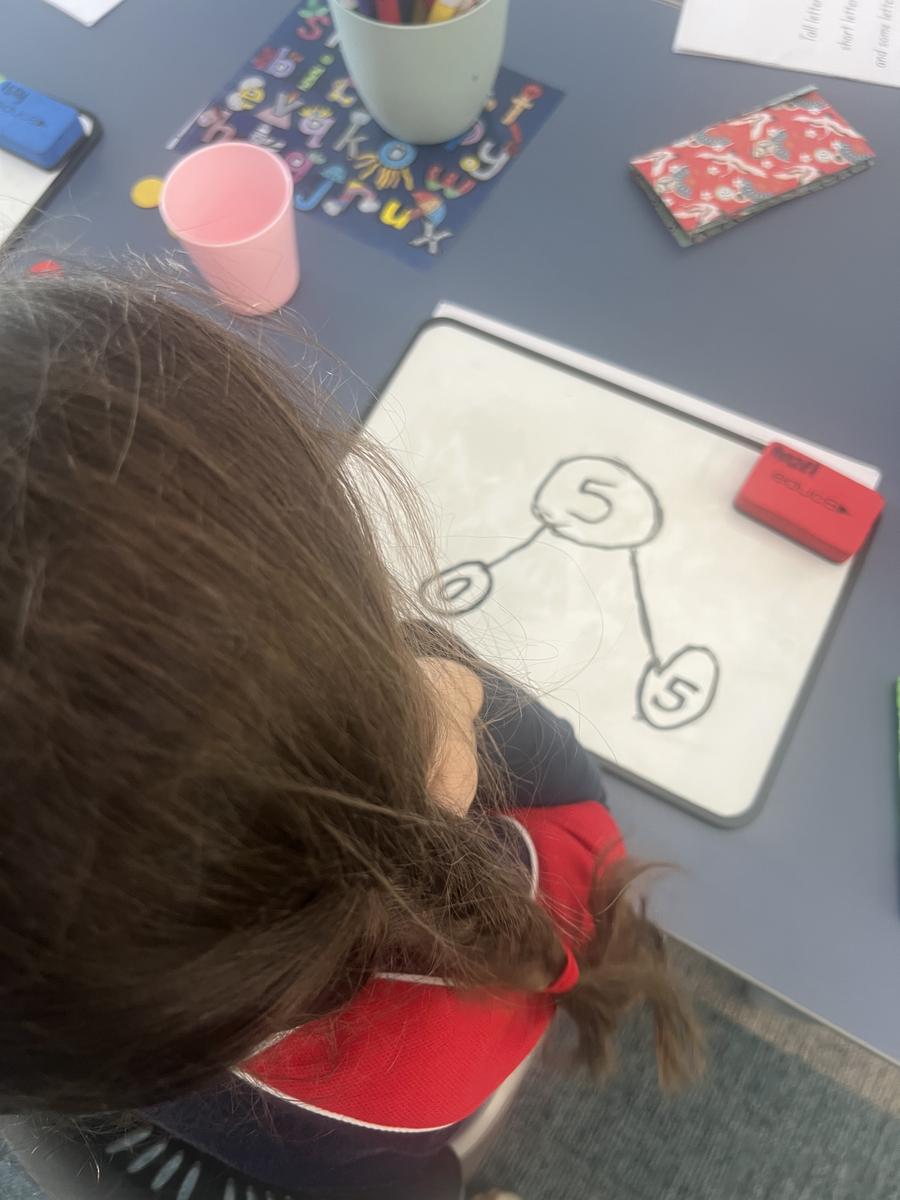
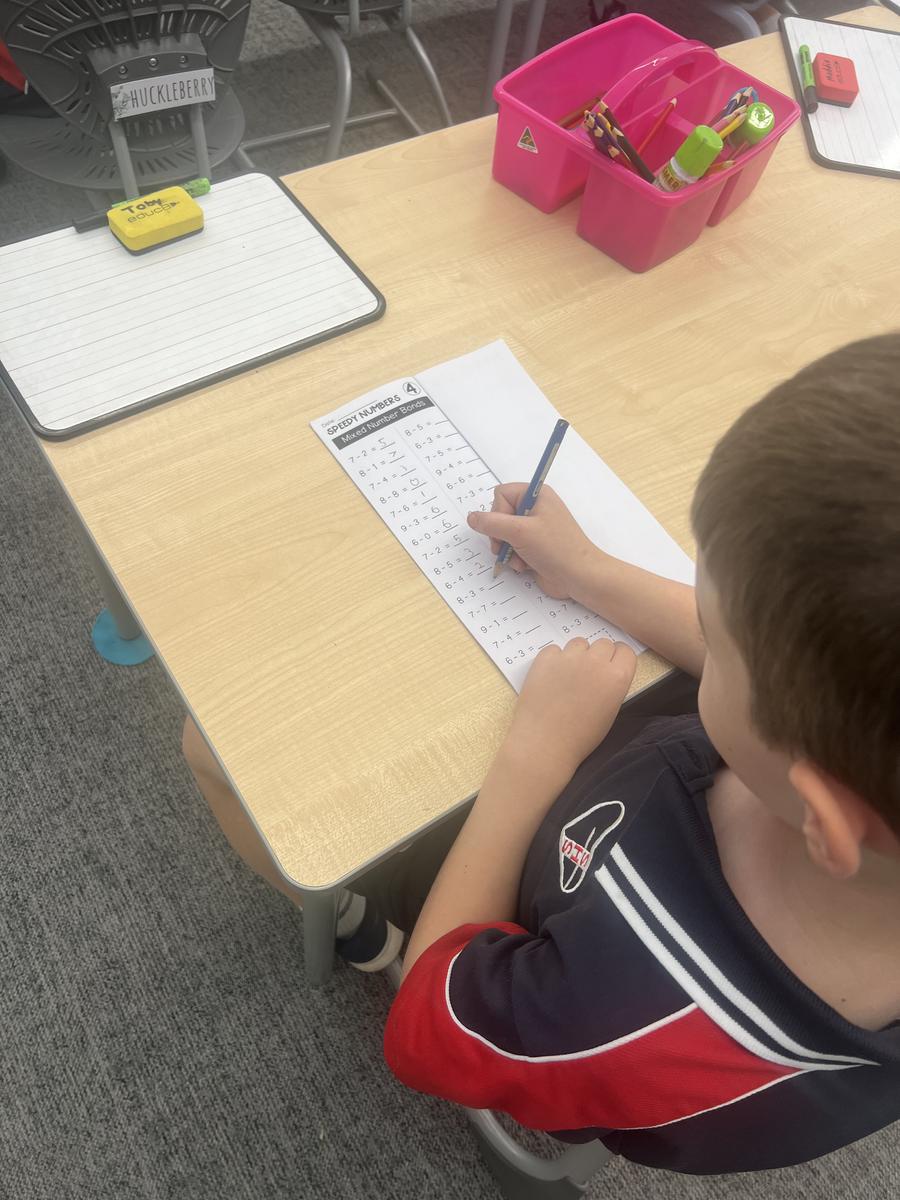




To support our younger learners (Prep and Year 1) in developing their Maths skills at home, we are excited to introduce NumBots as a tool for home practice. Students are strongly encouraged to use NumBots regularly to build confidence and fluency with numbers. Your child’s classroom teacher will provide a login sheet containing all the necessary information to access the platform from home on Monday.
If you have any questions or concerns, please don’t hesitate to reach out. For more information about the platform, please see the video below.
As we settle into our new classrooms, we want to extend a heartfelt thank you to Luisa for her incredible support in moving and organising our Maths resources in the new STEM room.
Thanks to her efforts, our resources are now easily accessible, and it’s been fantastic to see so many teachers already incorporating them into their lessons.
We truly appreciate your time, care, and contribution – thank you, Luisa!
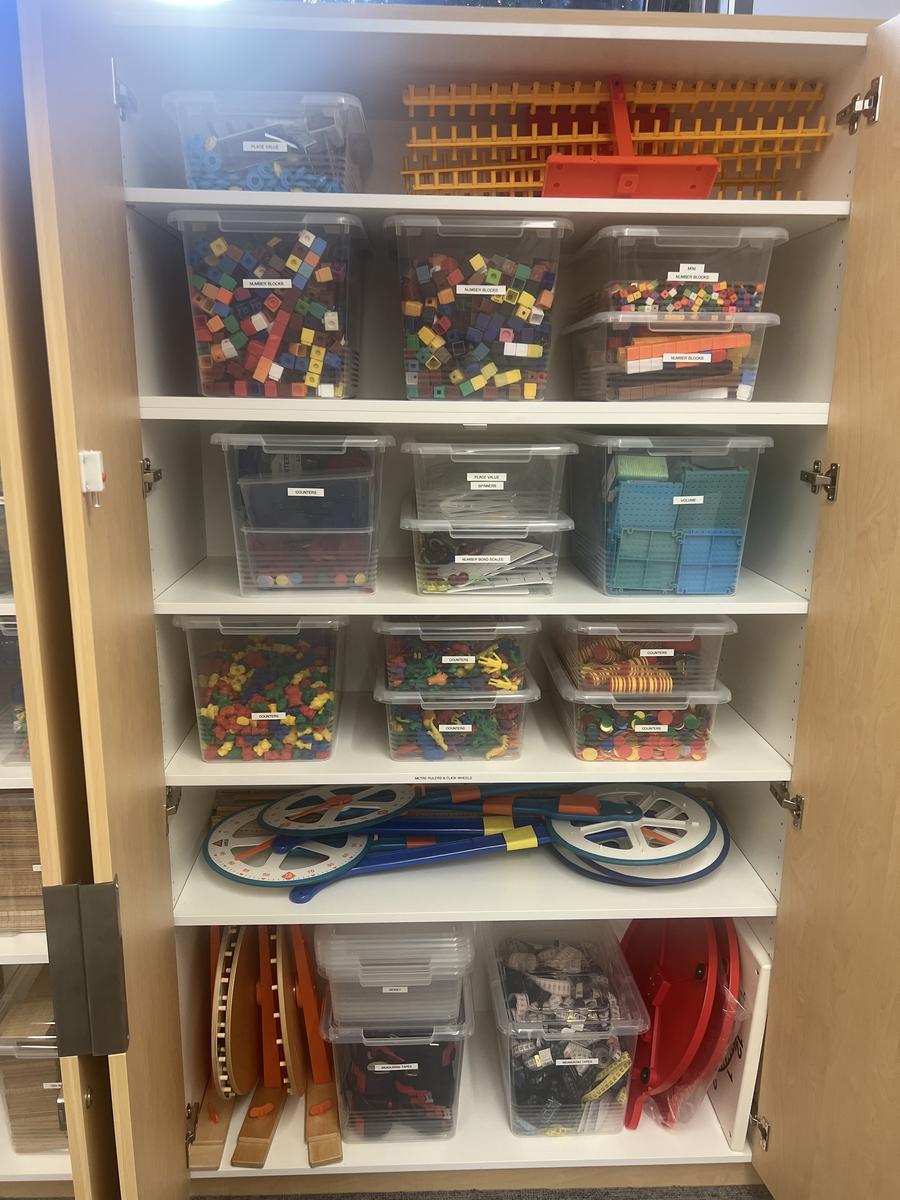
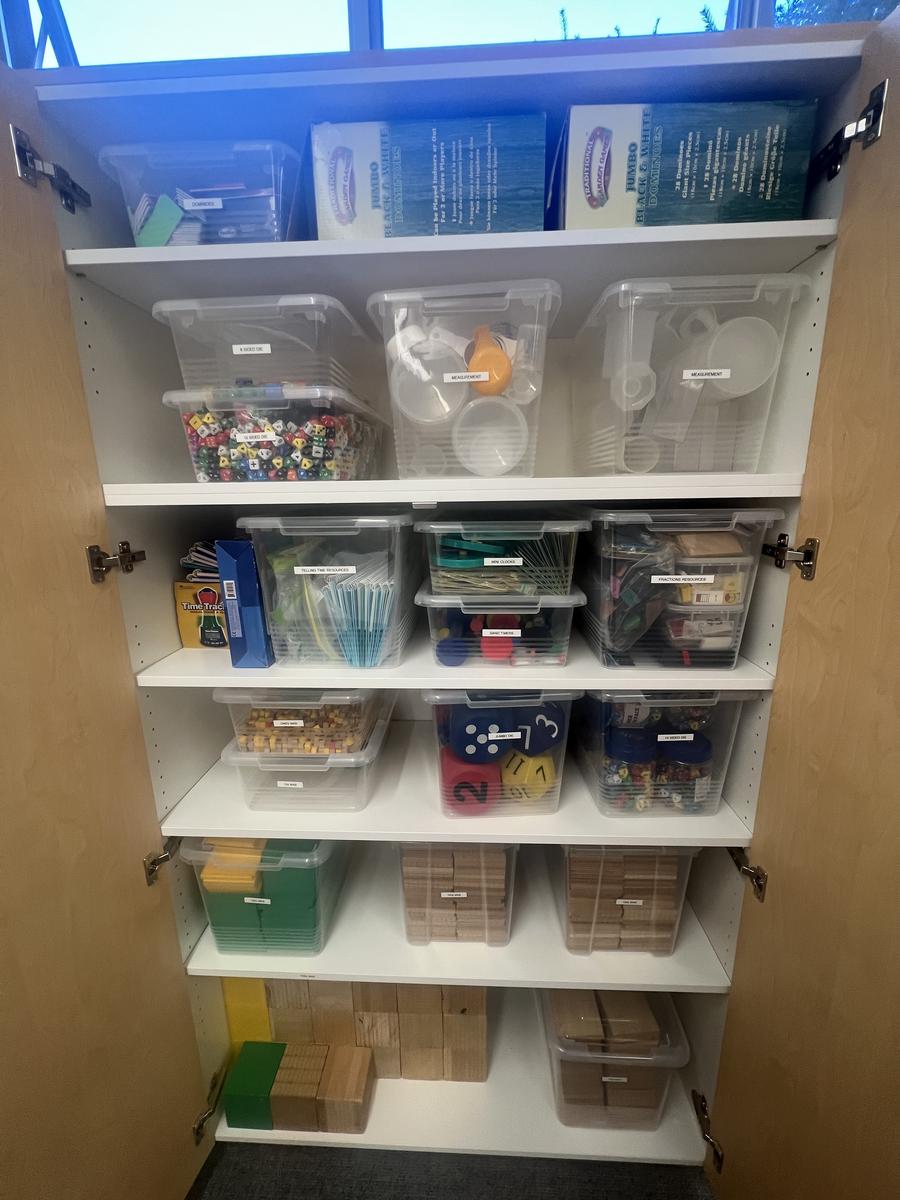
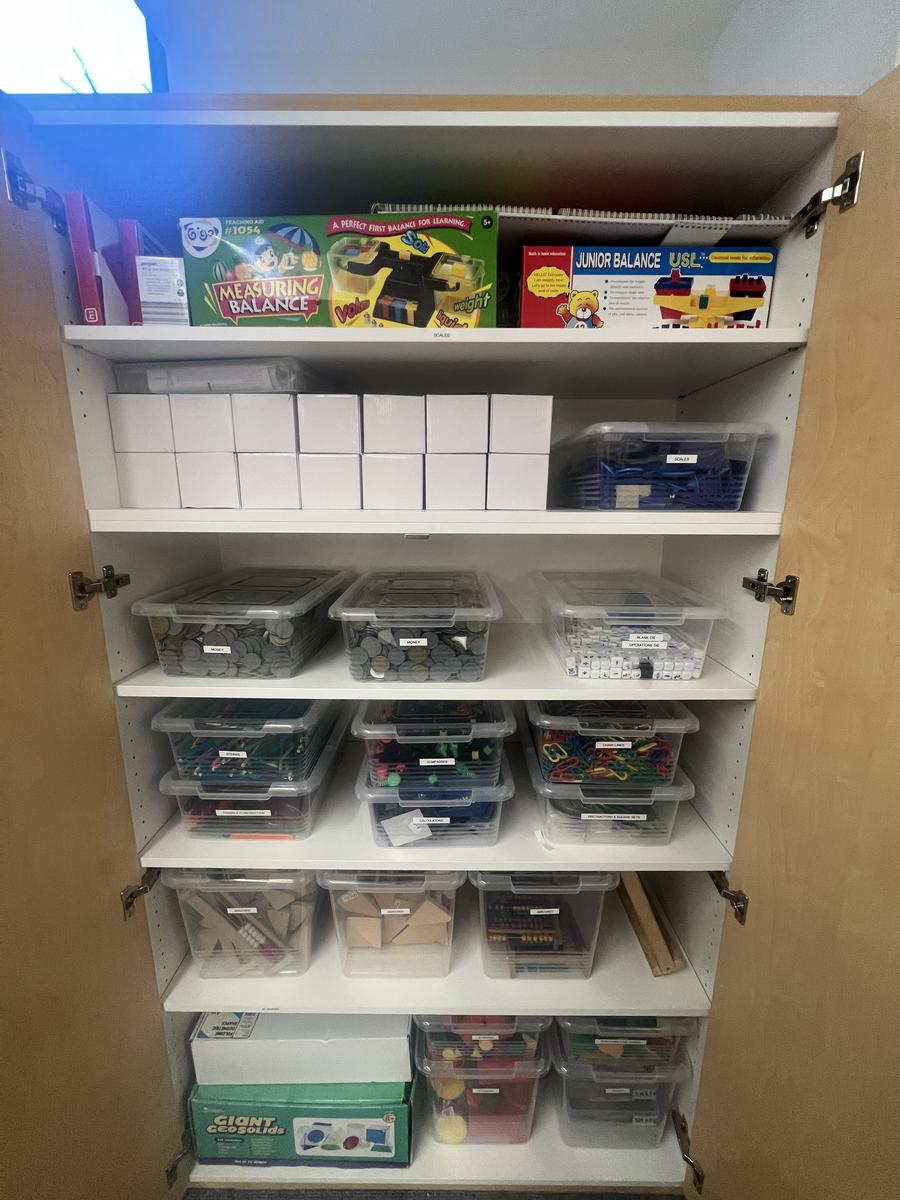



Students are strongly encouraged to continue developing their number skills at home by using NumBots and/or practising multiplication facts through Times Table Rock Stars. Regular recall practice plays a key role in strengthening their mathematical foundations.
In addition to Time Table Rock Stars and NumBots here are some great resources to help reinforce key skills in an enjoyable way:
“Mathematics is not about numbers, equations, computations, or algorithms: it is about understanding.” — William Paul Thurston
At home, the most powerful thing you can do is nurture curiosity—ask questions, explore patterns, and celebrate effort over perfection. Every little bit of practice builds confidence and understanding.
Mak Bulte
Maths Leader